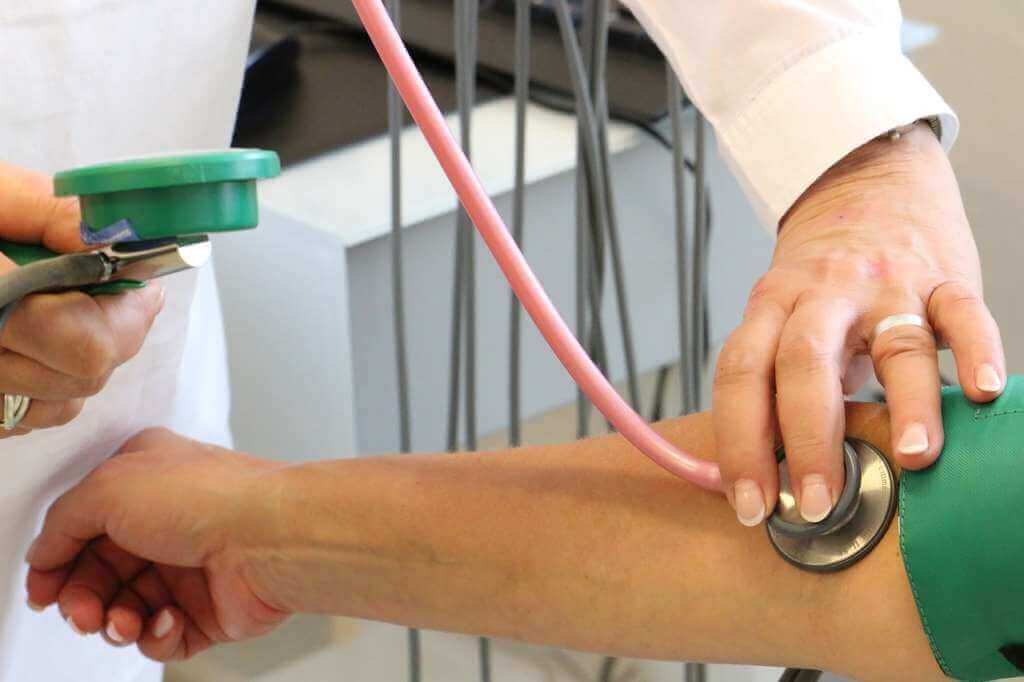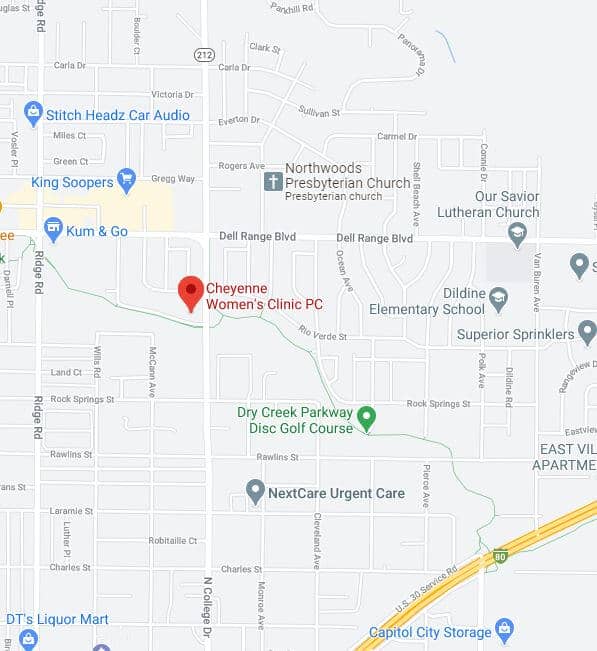At every appointment, we check your blood pressure, reading off numbers of something over something that may or may not have any meaning to you. Because your blood pressure goes up and down – the stress over a particular appointment could send it higher – we check it at every appointment. This gives us an average so your doctor can identify changes over time that could indicate you might be developing health problems.
What is Blood Pressure?
Blood pressure is the force of the blood as it pushes against the walls of your arteries and veins. It is determined by the amount of blood your heart pumps and the resistance to the blood flow in your blood vessels.
Blood pressure is measured using two numbers:
- Systolic – the pressure against the artery walls when the heart contracts
- Diastolic – the pressure against the artery walls when the heart relaxes between contractions
It is usually expressed as the systolic pressure over the diastolic pressure, like 110 over 70.
Healthy and unhealthy ranges for blood pressure as recommended by the American Heart Association are:
- Normal blood pressure: Systolic less than 120 and diastolic less than 80
- Elevated blood pressure: Systolic 120-129 and diastolic less than 80
- High blood pressure – hypertension stage 1: Systolic 130-139 or diastolic 80-89
- High blood pressure – hypertension stage 2: Systolic 140 or higher or diastolic 90 or higher
- Hypertensive crisis – Systolic higher than 180 and/or diastolic higher than 120
High blood pressure is an increased force of the blood on your blood vessels that typically develops over time. It typically has no symptoms until it starts to cause damage in your body. That’s why getting a check every now and then is important.
How is High Blood Pressure Harmful to Your Body?
Long-term high blood pressure can lead to damage throughout your body, including injury to your:
- Blood vessels – Blood pressure that’s elevated over time can damage the inside of your blood vessels, which makes them more likely to attract a sticky substance called plaque. Plaque can build up over time and cause the vessels to narrow and harden, making them more difficult for the blood to travel through. This condition is called atherosclerosis, and it could cause a heart attack or stroke.
- Heart – As your blood pressure increases, your heart has to work harder to deliver oxygenated blood through your body. This extra effort could cause your heart to enlarge and its walls to thicken or get thinner. It may not work efficiently, which could result in depriving your tissues of oxygen. Without enough oxygen, you could develop chronic fatigue, breathing problems, and overall weakness.
- Brain – High blood pressure can affect the vessels in your brain. It could cause a blockage, which would cut off oxygen to part of your brain, or it could cause a vessel to burst, which is a stroke. Both can cause permanent brain damage and even death.
- Kidneys – Your kidneys filter your blood to remove wastes from your body. Their blood vessels can be easily damaged by high blood pressure, which causes them to work less efficiently. This disrupts their ability to control salt and water balance in your body and can lead to kidney failure.
- Eyes – High blood pressure can cause the blood vessels in your eyes to constrict, which can cause vision problems and even blindness.
Decreasing Your Risk for High Blood Pressure
There are some risk factors for high blood pressure that you can’t change, such as your age (blood pressure increases with age), family history, and certain medical conditions such as diabetes.
But there are lifestyle changes you can make to help lower your high blood pressure or decrease your risk of developing it, including:
- Quit smoking
- Lose weight if you are overweight
- Limit your alcohol intake to one drink per day for women or two drinks per day for men
- Exercise regularly
- Reduce the amount of salt in your diet
- Eat heart-healthy foods
- Reduce the stress in your life
If lifestyle changes don’t take care of the problem, your doctor may prescribe a blood pressure medication to go along with them.
High Blood Pressure and Pregnancy
High blood pressure during pregnancy can lead to serious problems for both you and your baby.
If you have high blood pressure and you want to become pregnant, your doctor can help you develop a plan for lowering and stabilizing your blood pressure beforehand. Your doctor will closely monitor you for the signs and symptoms of preeclampsia throughout your pregnancy.
High blood pressure that you first develop while you are pregnant is called gestational hypertension. How your doctor treats this type of blood pressure depends on how severe it is, but he or she will monitor your condition closely throughout the rest of your pregnancy for the signs of preeclampsia as well.
Preeclampsia is a serious disorder resulting from high blood pressure that can cause serious complications for both the mother and baby. Women who develop preeclampsia are also at a high risk of developing high blood pressure and cardiovascular disease later in life.
The best way you know if you have high blood pressure is to have your pressure checked and monitored over time by a medical professional. If you have consistently elevated pressure, your doctor will help you create a plan to lower your blood pressure to help you stay healthy.





